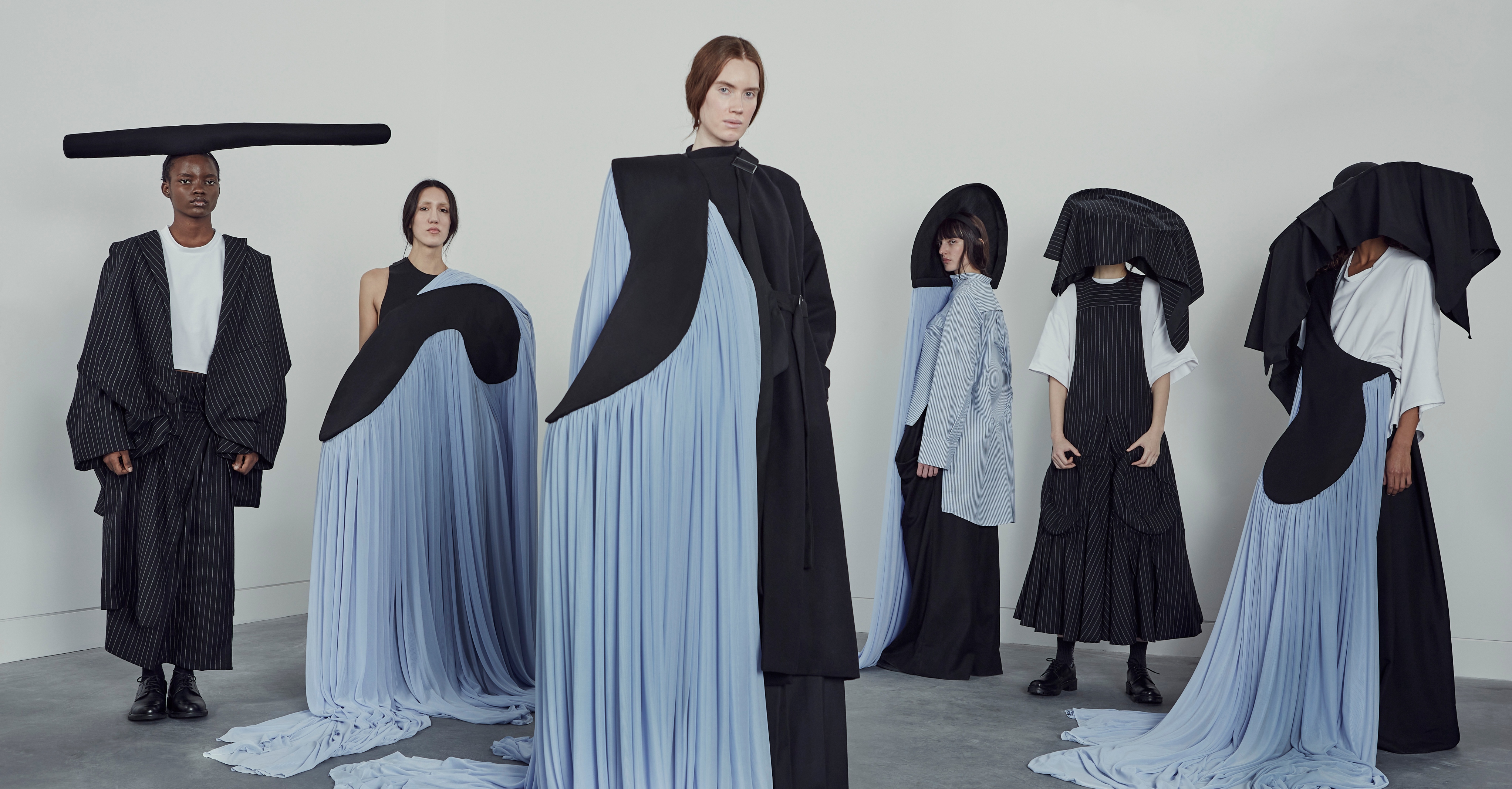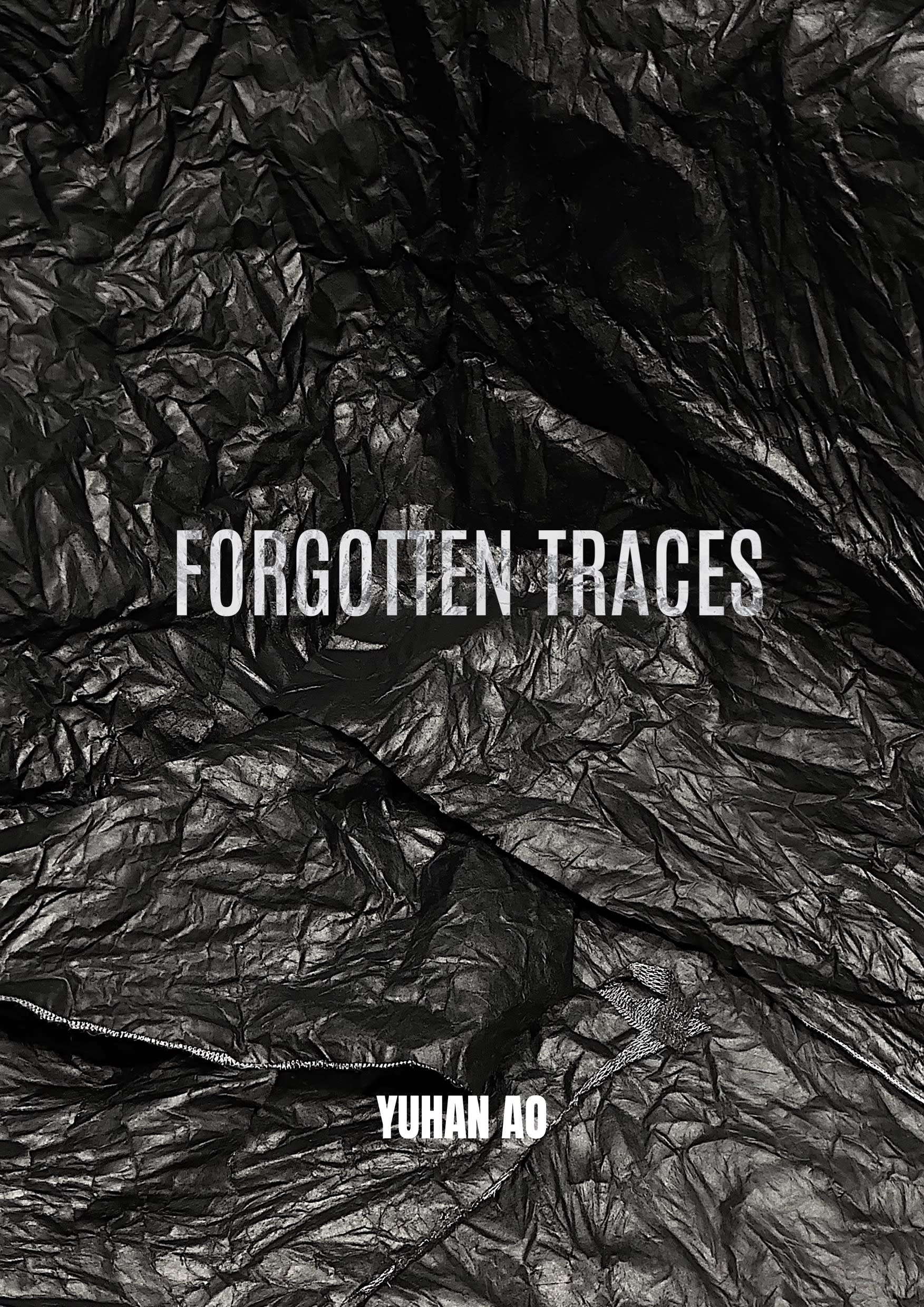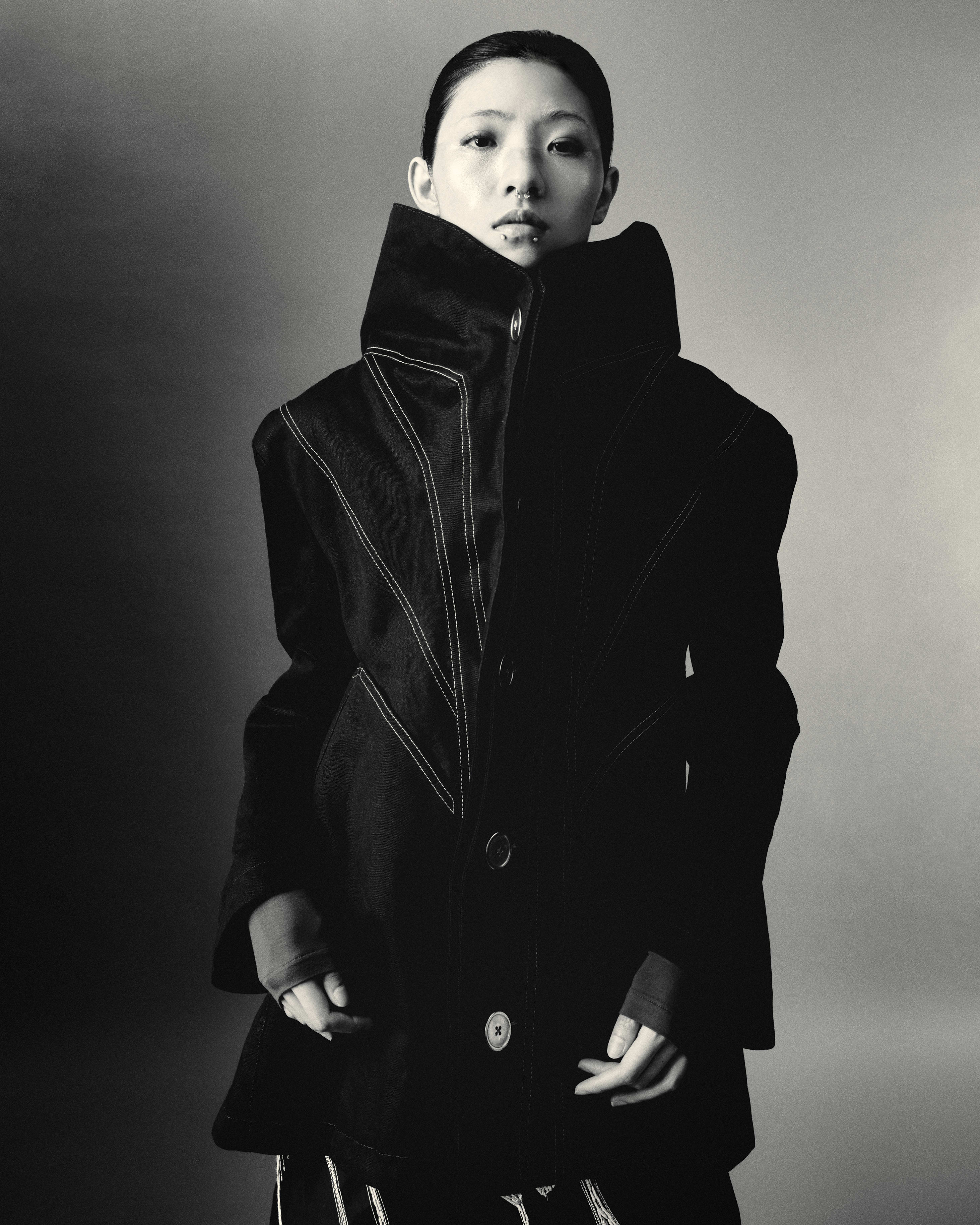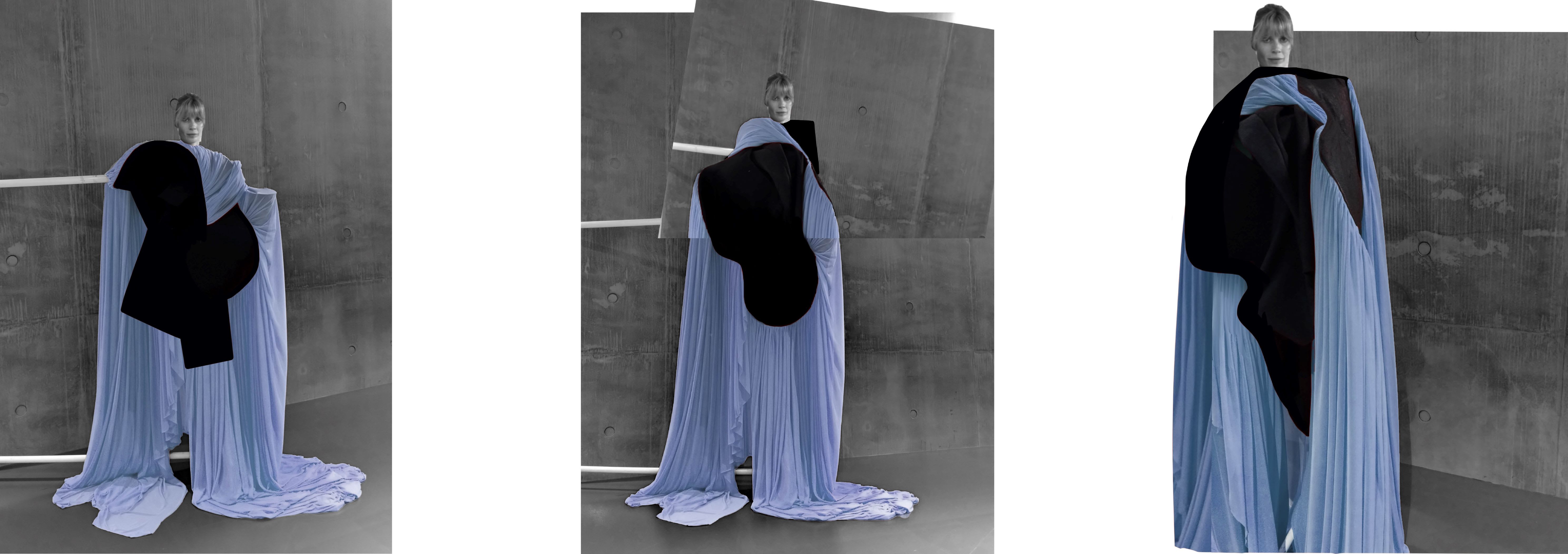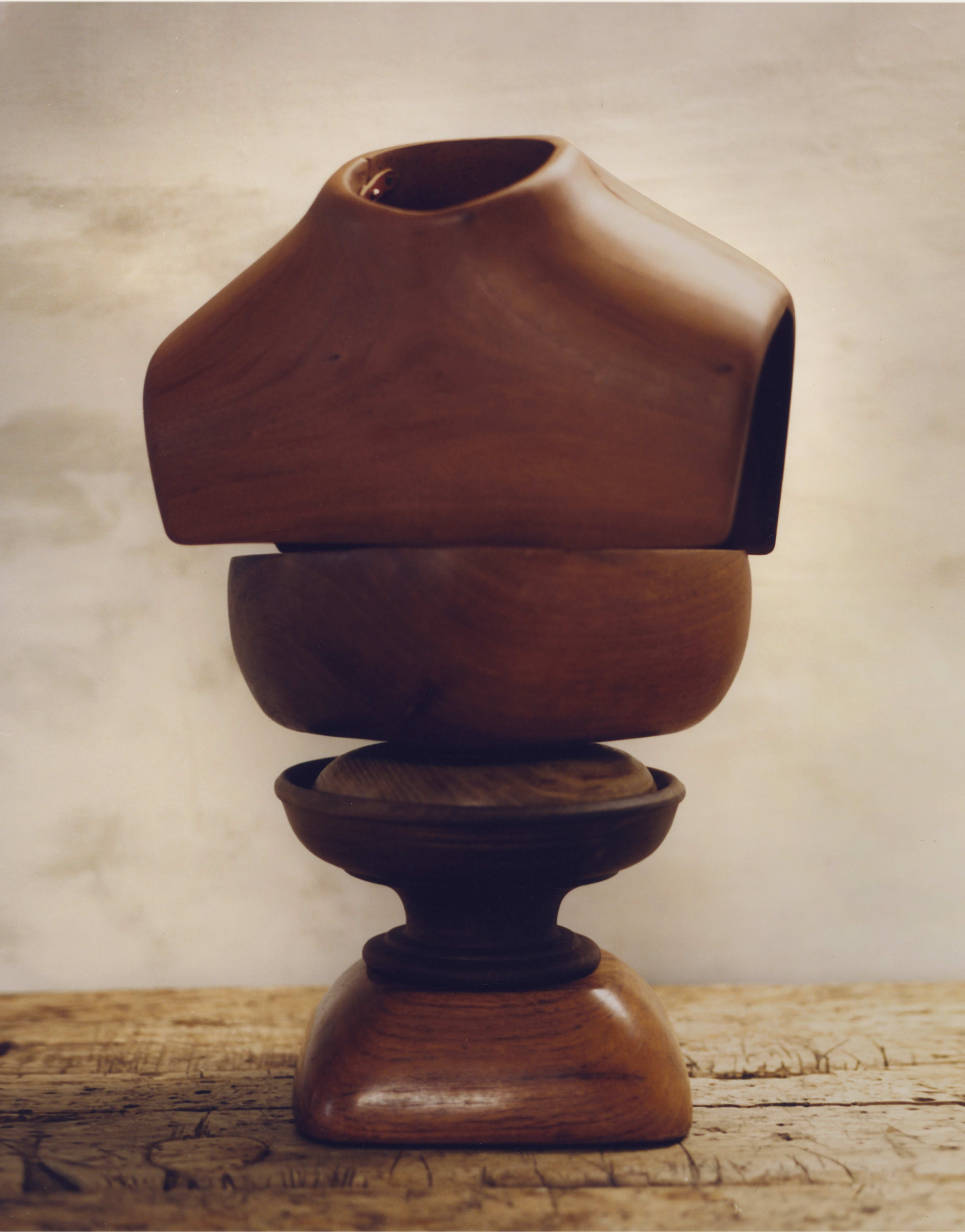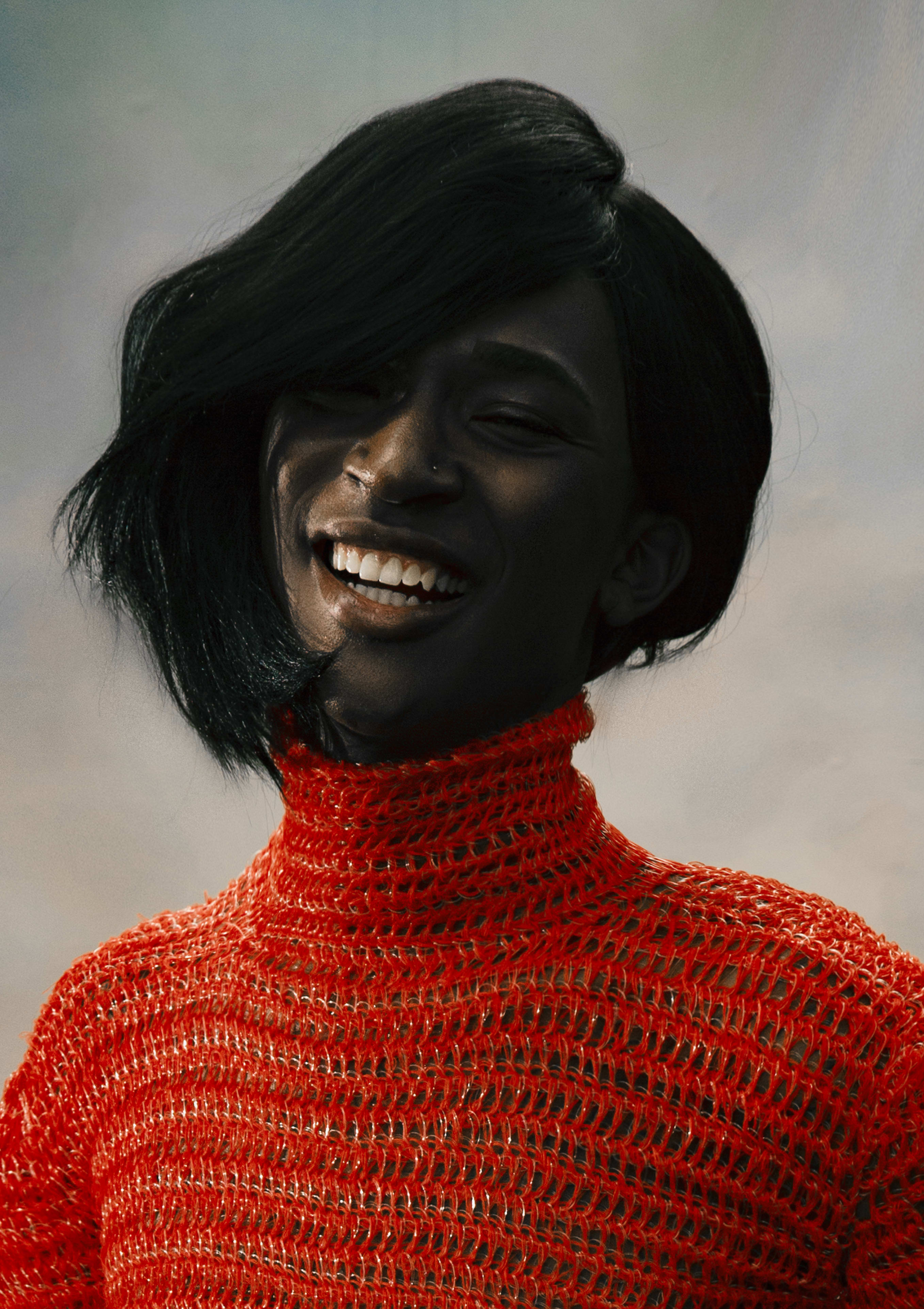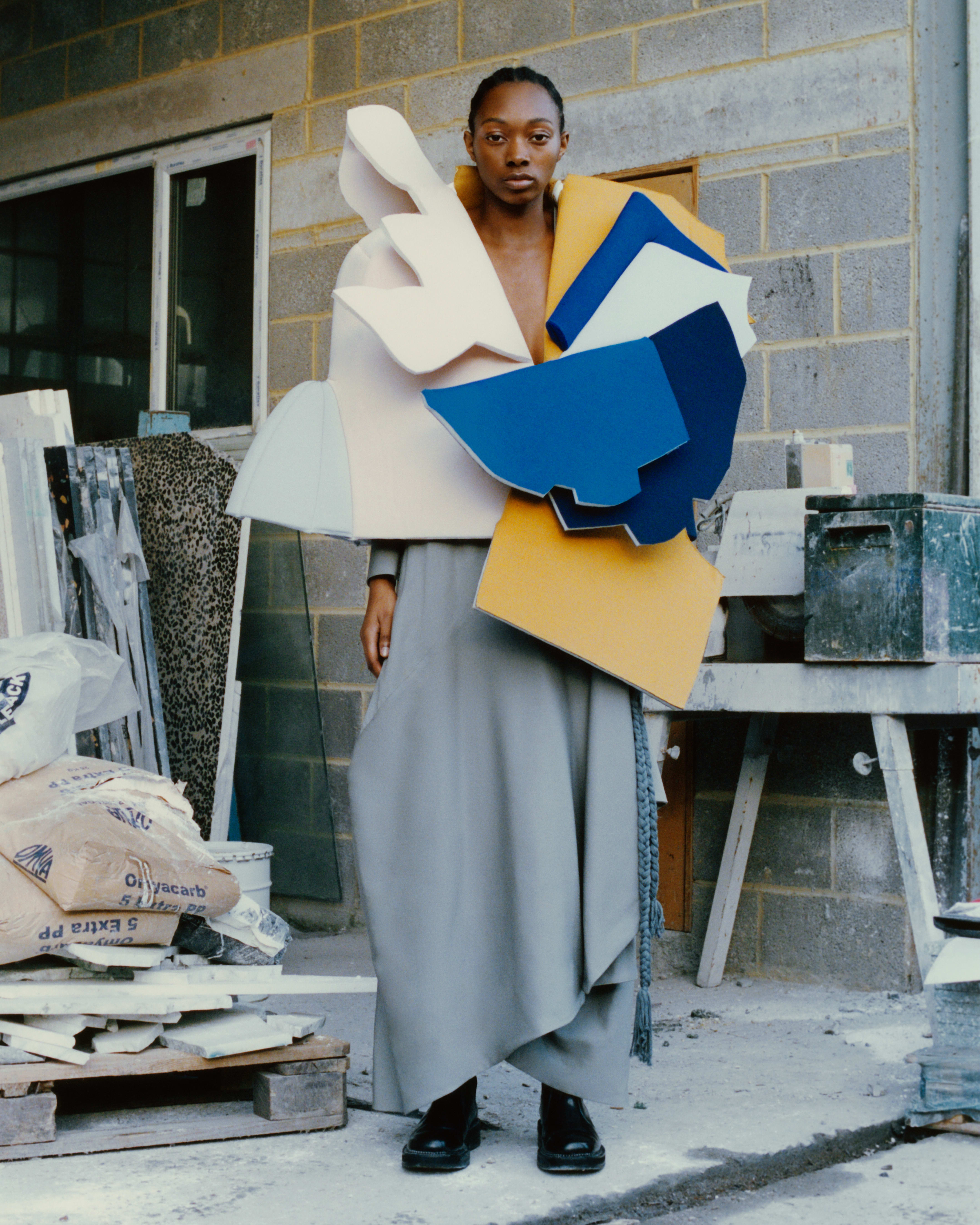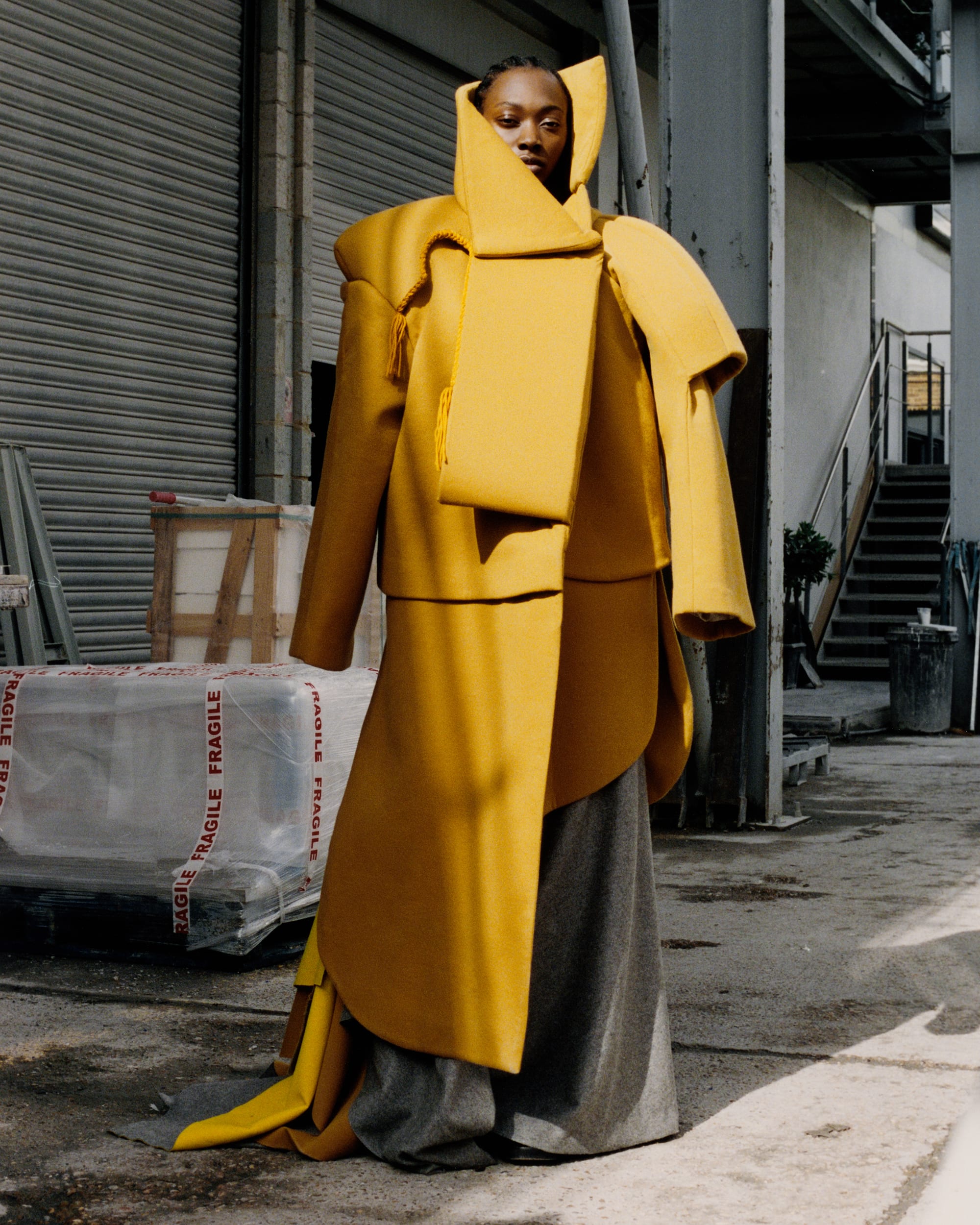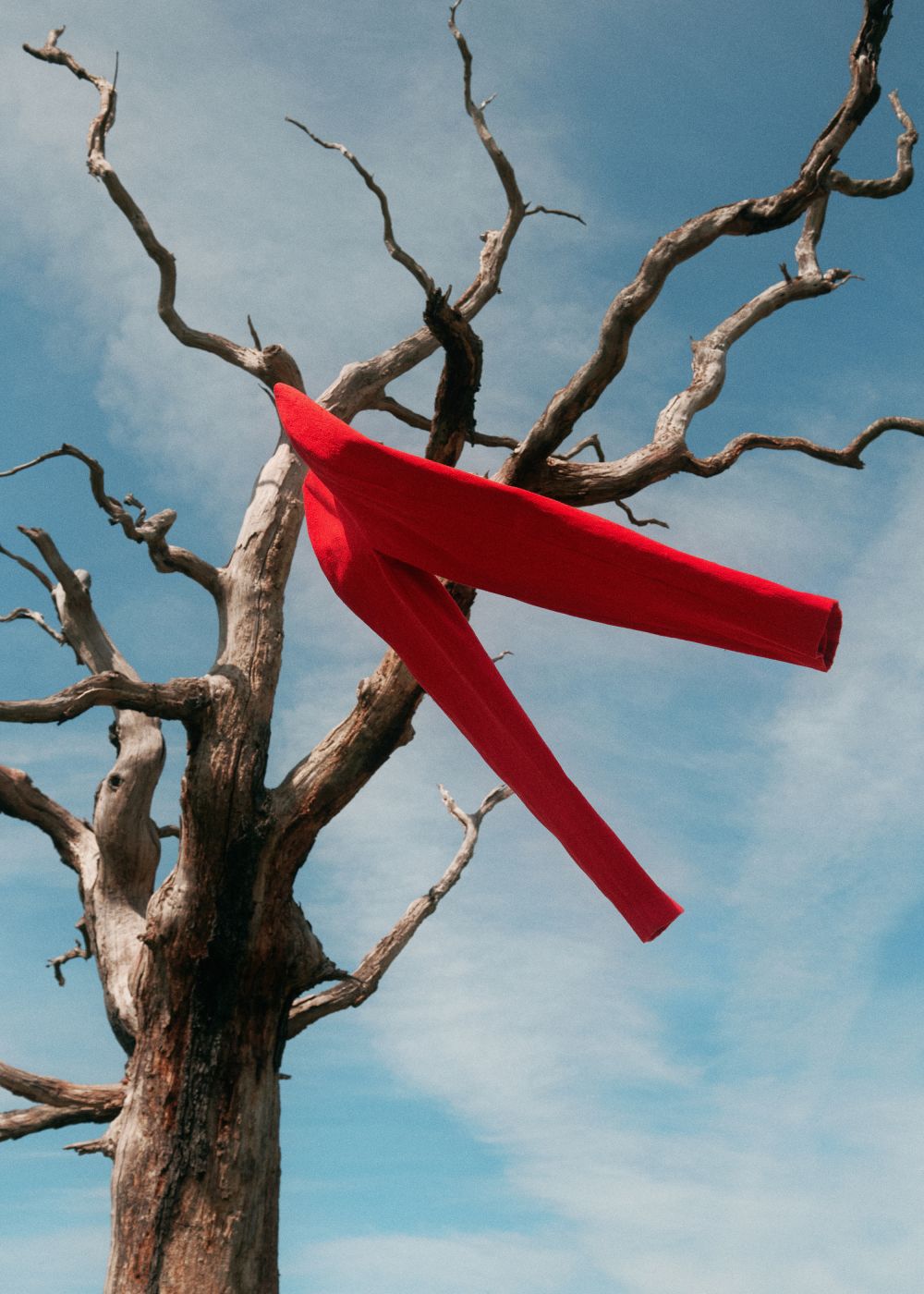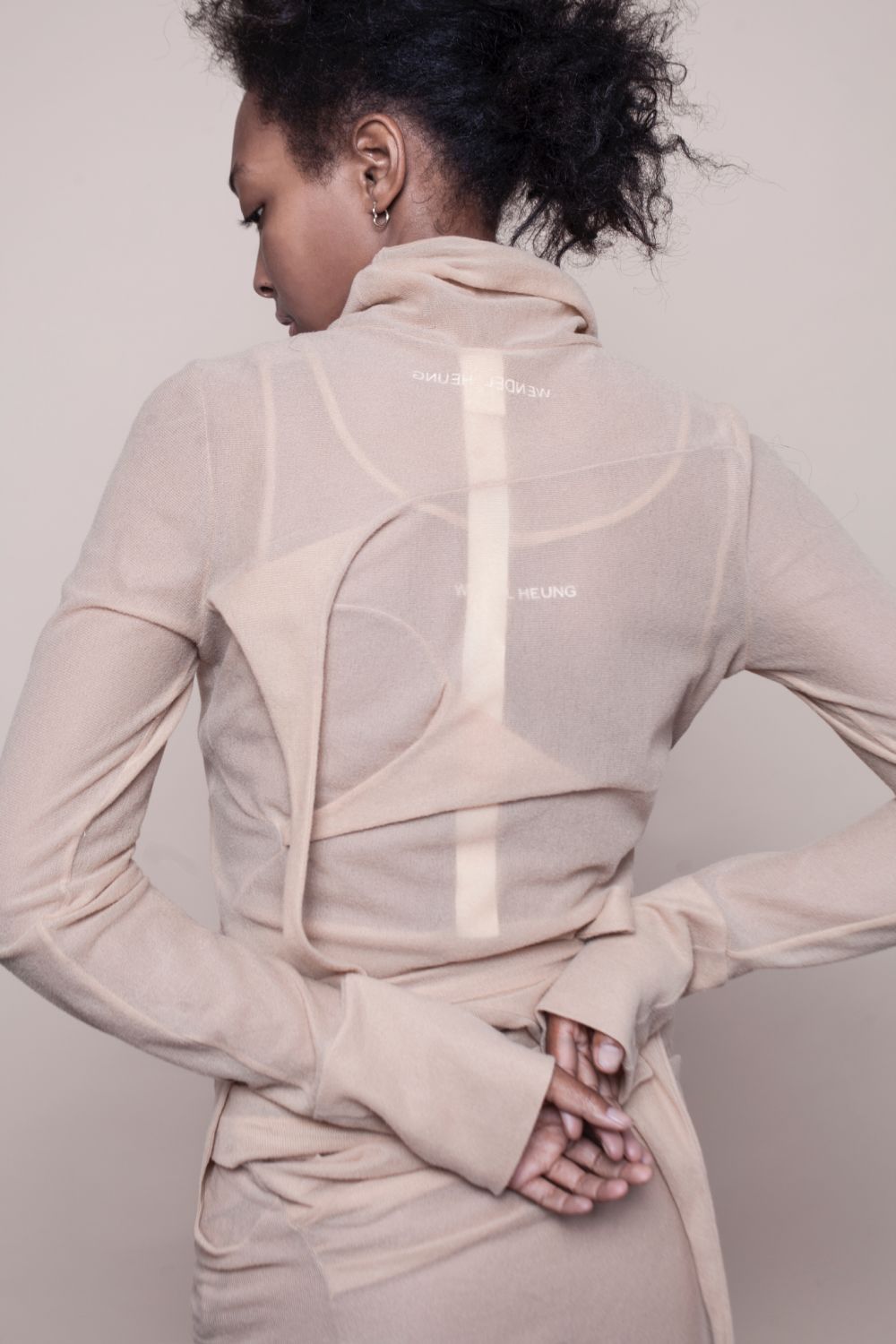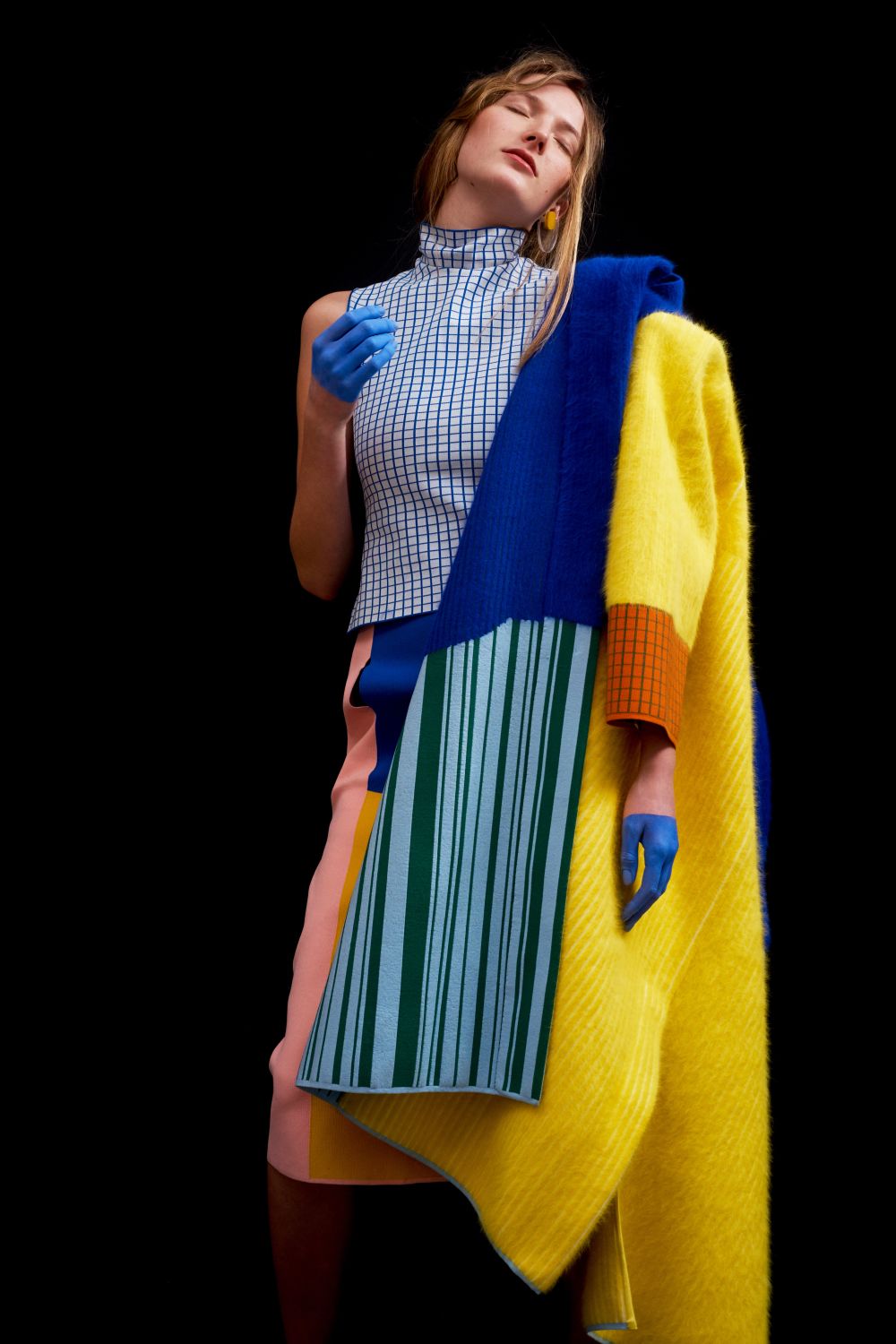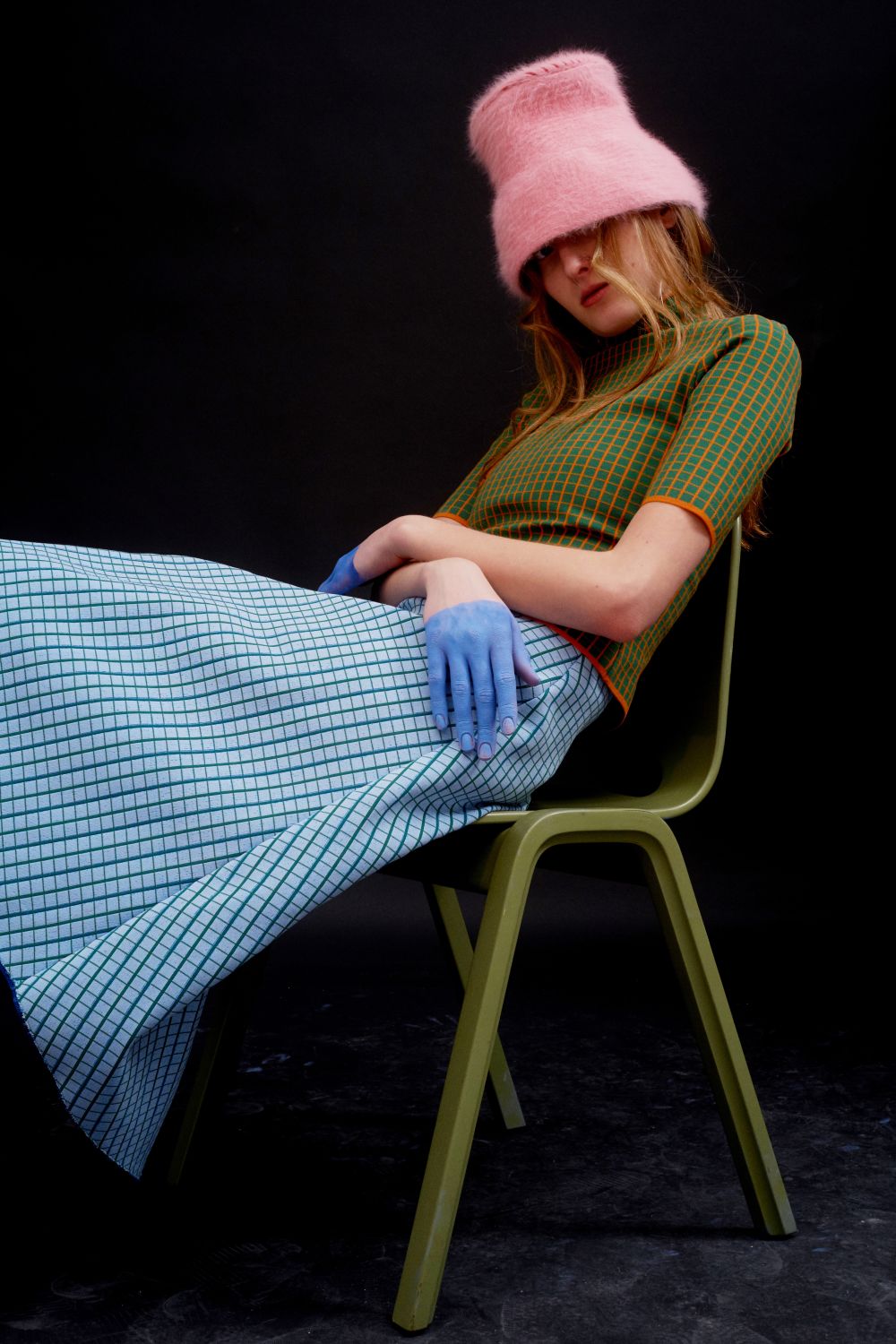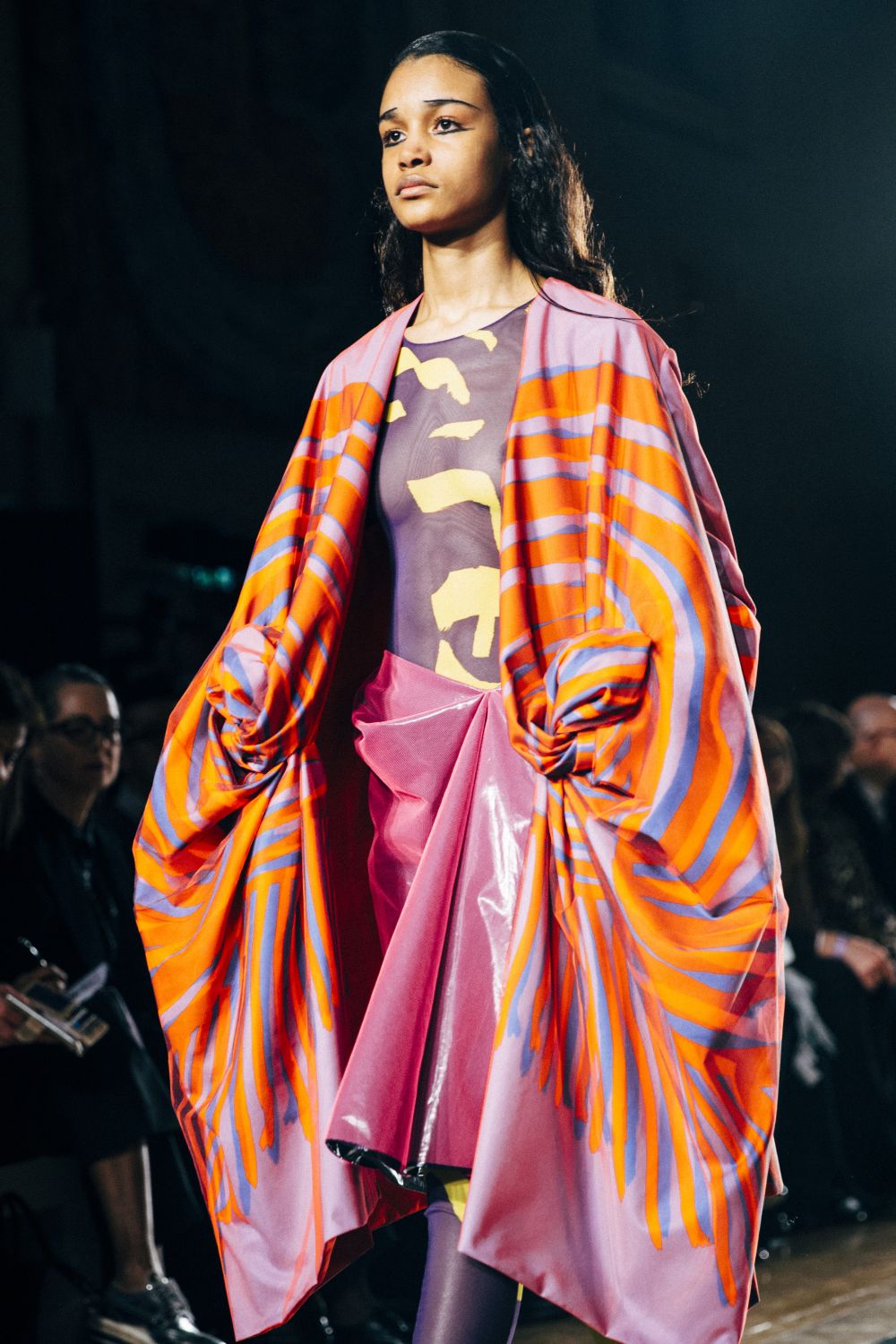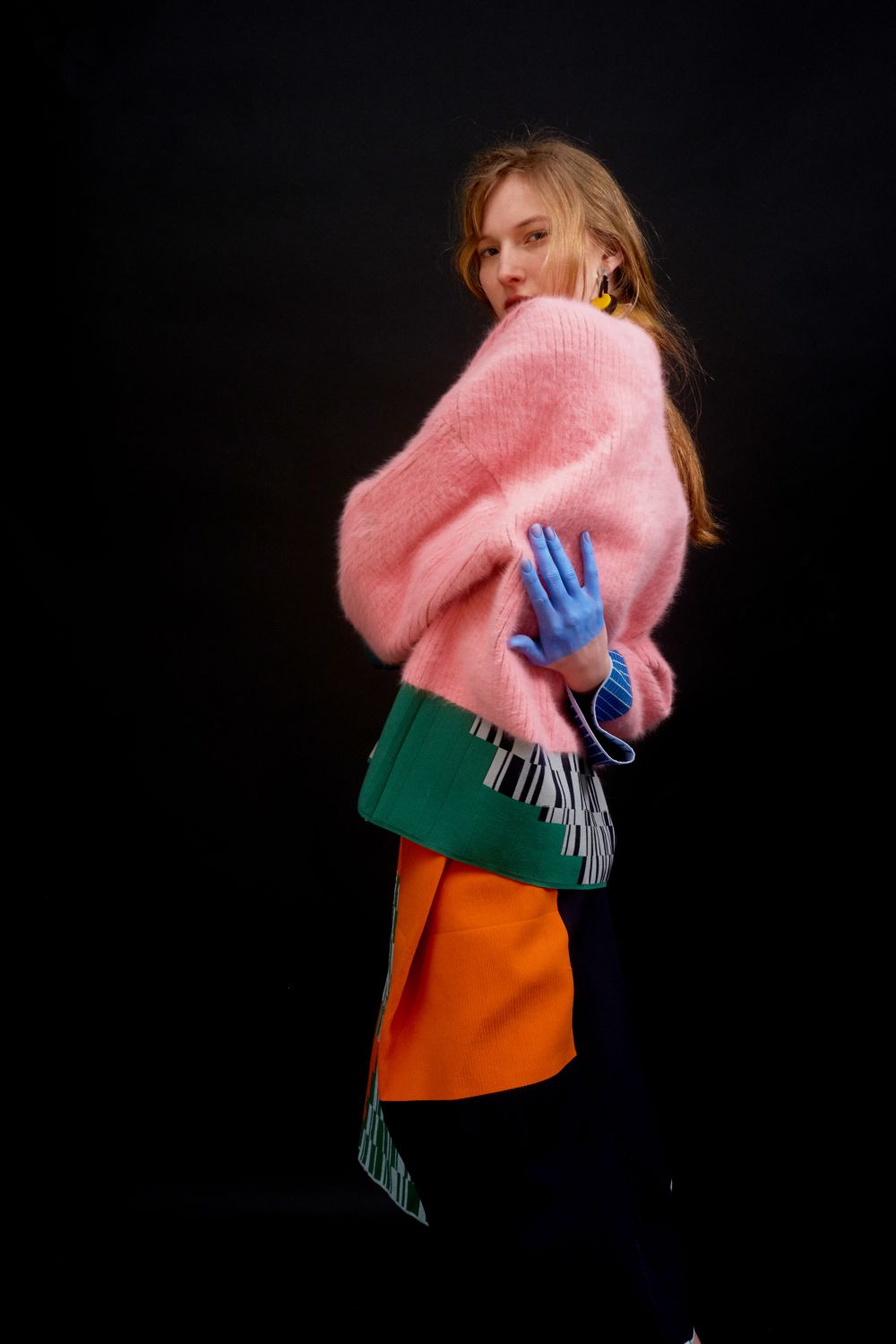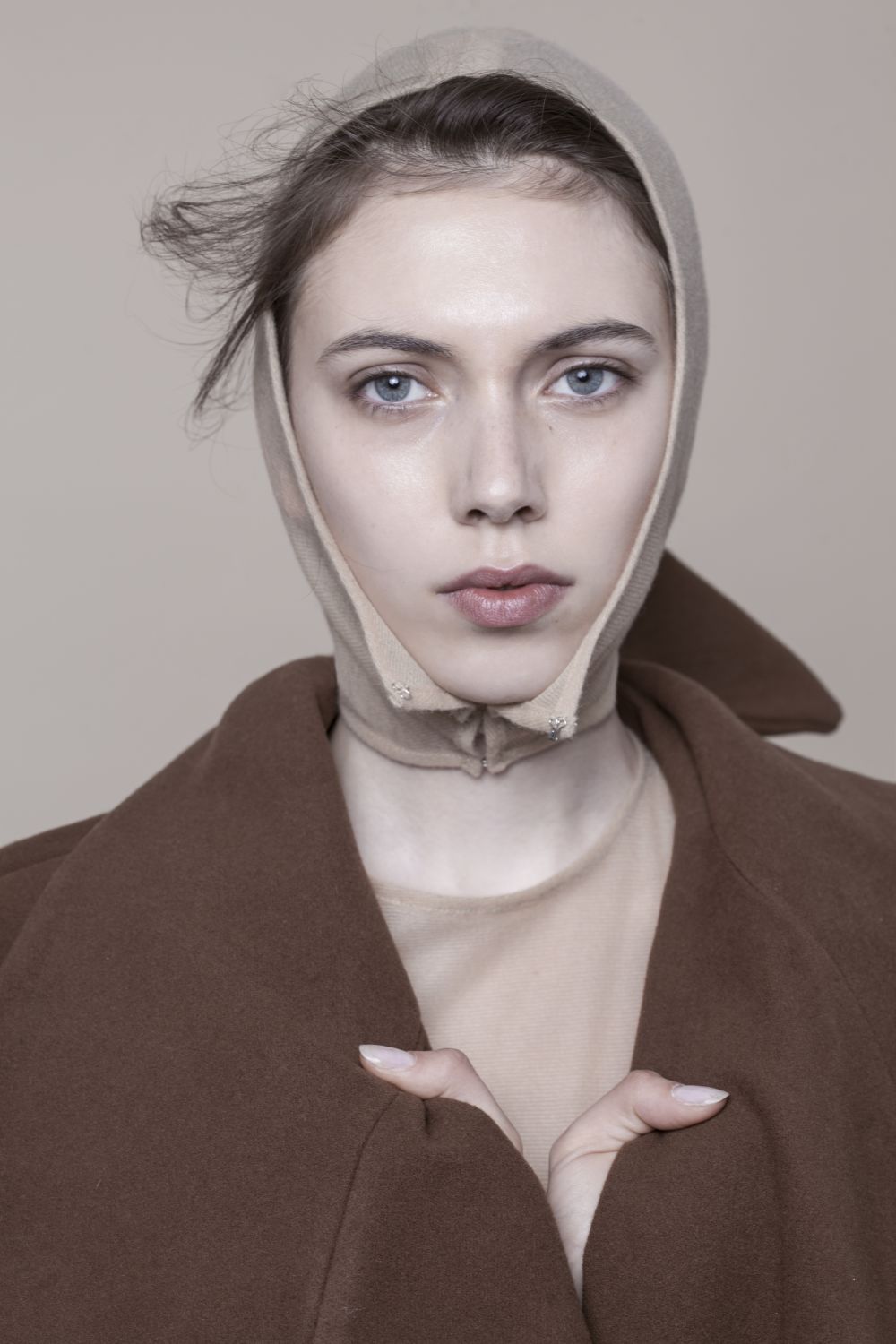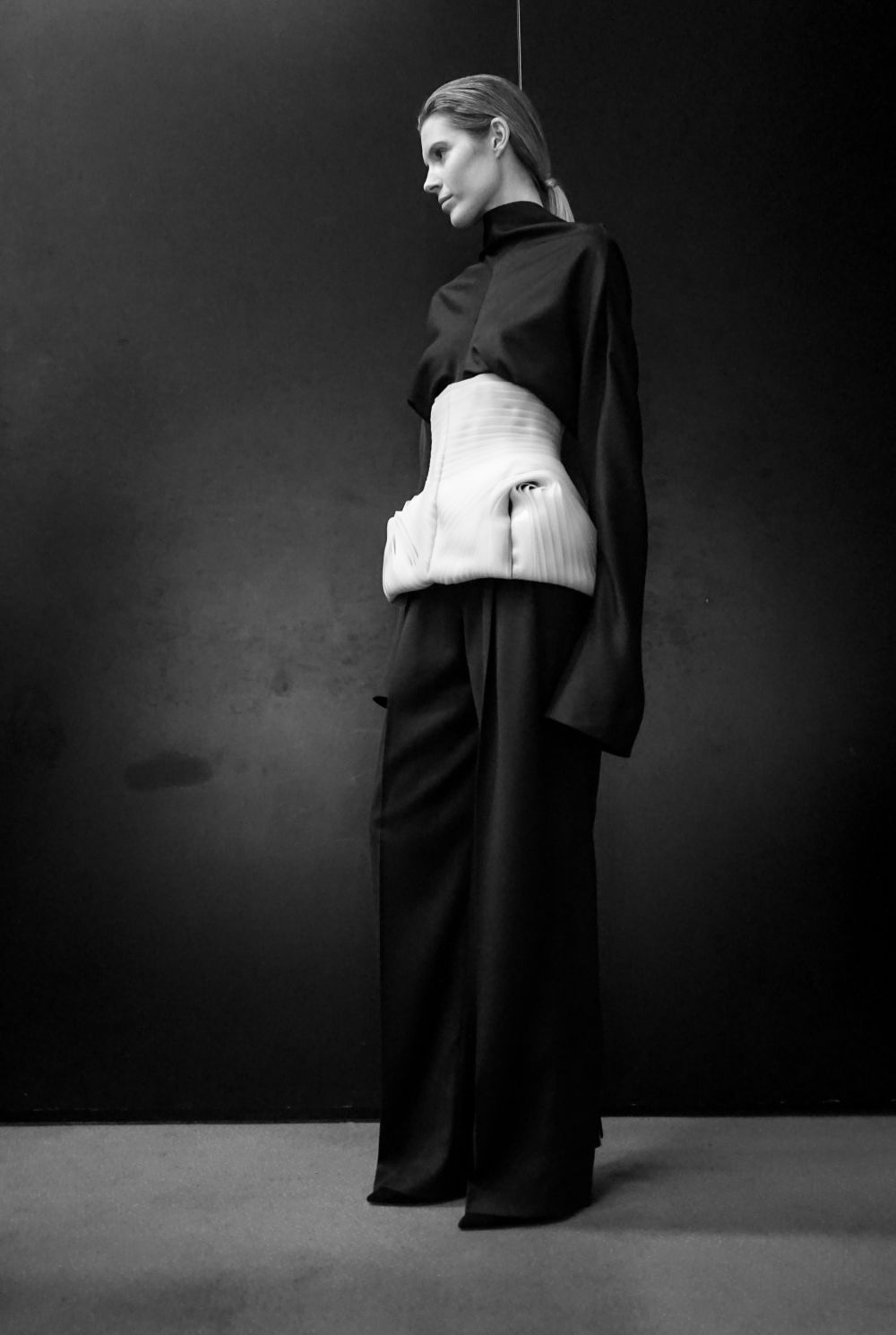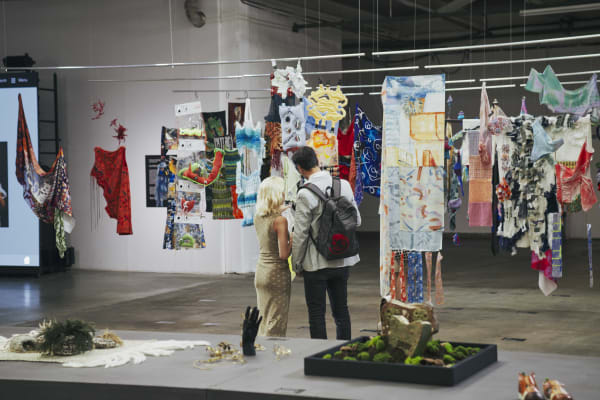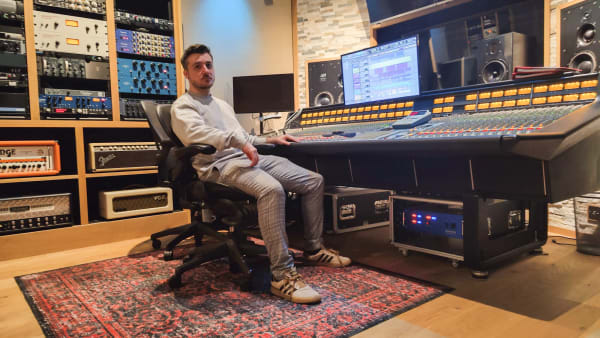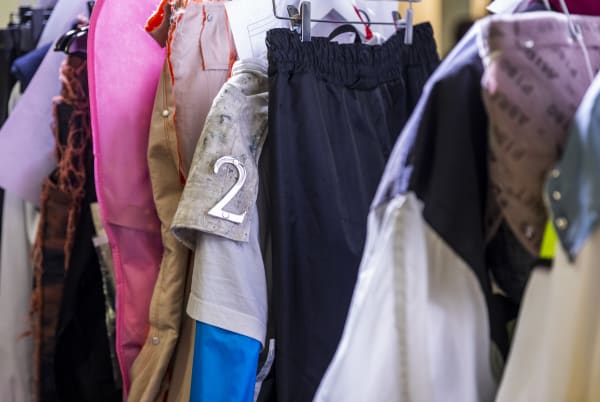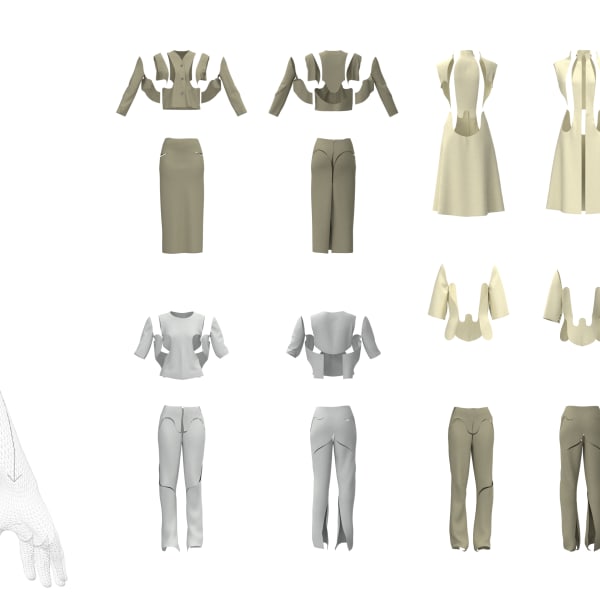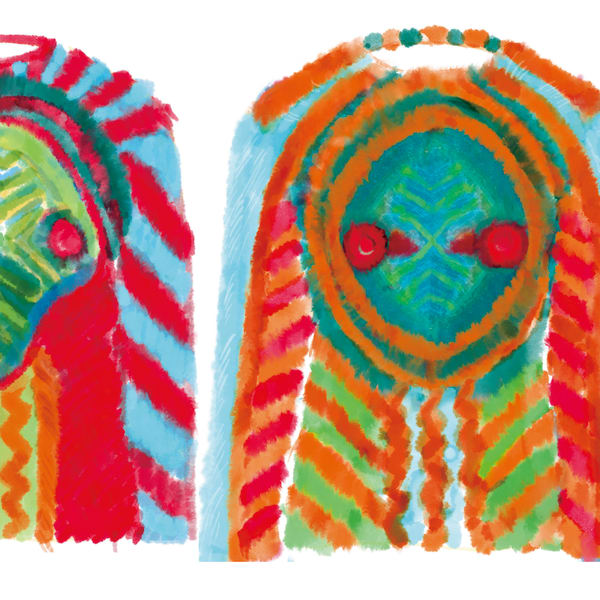Course units
Creative and Technical Innovation
The unit is designed to establish and develop your creative thinking and expand on your practical skill levels. Your work will develop individually in response to workshops and introductions to supporting facilities and equipment.
You will evaluate and expand on your existing technical and practical skills by exploring innovative manufacturing and pattern cutting methods that can be applied to your future practice. You will explore alternative research methods to strengthen and expand your knowledge and understanding of creative research and technical processes.
Collaborative Challenge
This unit is your opportunity to innovate and explore developmental processes and engage with collaborative working practices. You will develop your professional negotiation, teamwork and networking skills that are essential in the cultural, entrepreneurial and creative industries. The emphasis of this unit is on cross-disciplinary student-led collaboration. You can conceive of your own project or engage with industry and college-based briefs.
Establish, Prototype and Test
This unit is designed to support the planning and development of your Master’s Project in order for you to achieve a coherent and original body of work, by the end of the course. The unit concentrates on the development of your studio practice and its evaluation, underpinned by in-depth research. You are required to develop your critical practice, to analyse review, and revise your focus in line with your expanding theories within the context of your proposed market. The process of development and review culminates in an oral presentation in line with your Research Proposal outcomes.
Research Proposal
Developing effective approaches to research is crucial for success in your Masters project and in your wider career. In this unit you will explore approaches for theoretically interrogating your practice and your discipline. Throughout this unit you will uncover your research philosophy, defining how you look at the world and your work. You will build and extend your core research capabilities, developing a robust theoretically justified research proposal that you will complete in your Master’s project.
In the process of developing your research proposal you will explore a range of research methodologies, methods and approaches, describing how you will utilise primary and secondary research tools in your Master’s project. You will build a theoretical framework to test your ideas in order to bring you to an understanding of the relationship between theory and practice. Using this framework, you will develop research questions for your topic and ensure that the aims of your study are achievable, ethical and sufficiently critical. You will be supported in developing disciplinary specific approaches to your research, discovering opportunities for interdisciplinary exploration in the process.
Masters Project
The Masters Project is the final stage of your Masters’ course and is the culmination of your studies providing you with a space to synthesise all the knowledge and skills you have gained on the course so far. Your project will be self-directed and you will negotiate the shape and direction of your project at the outset with your supervisor. This important final phase of your studies is where you will effectively communicate your work along with your ability to critically interrogate your practice with robust approaches to research and theoretical analysis. Upon completion of your project, you will have generated a high-level Masters’ quality piece of work that will showcase your practice, academic literacy and the professional standards that will act as a platform for your future career and professional development.
